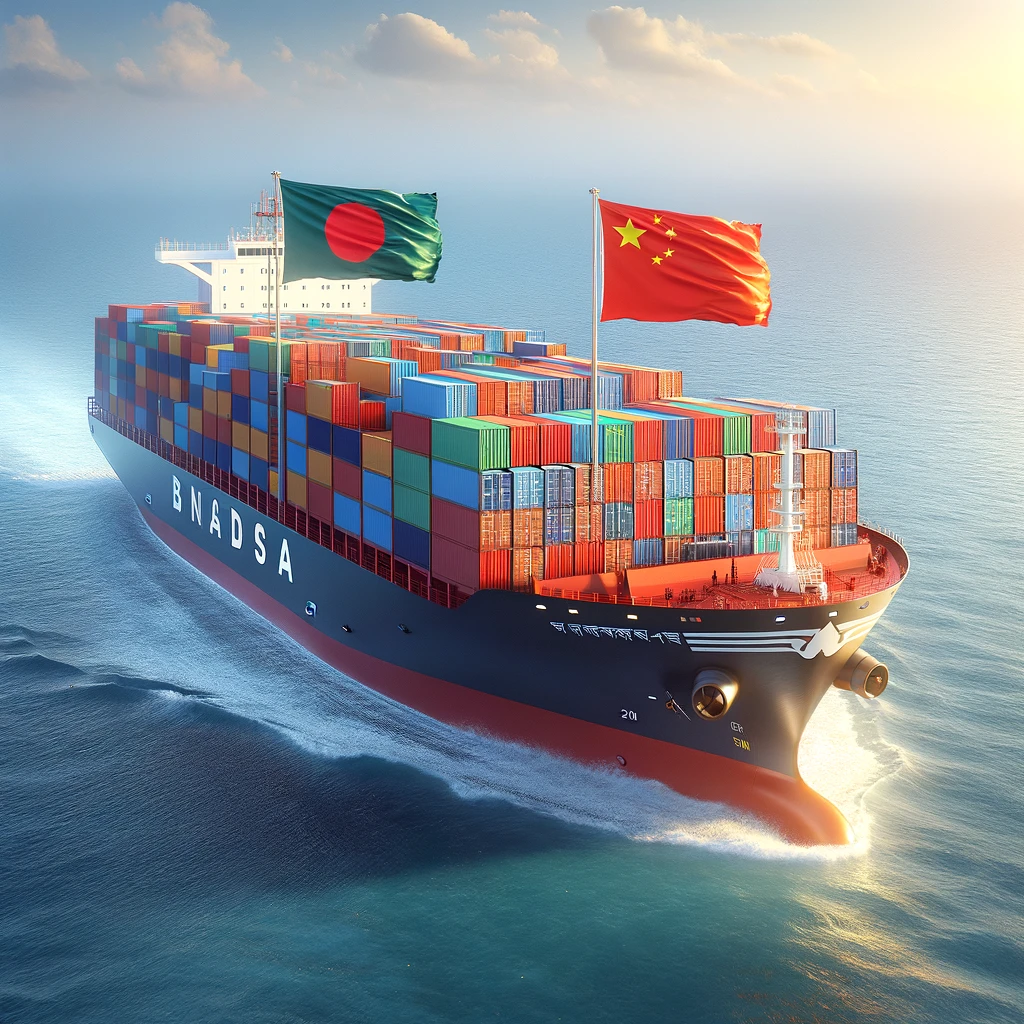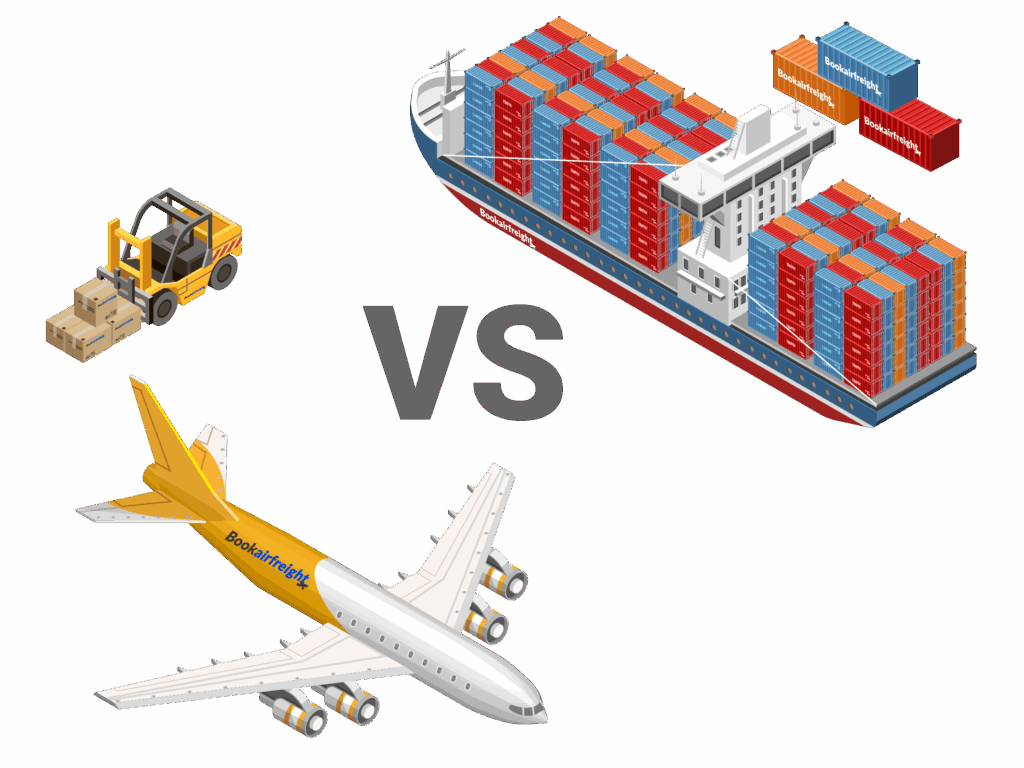- By TOP CHINA FREIGHT
- September 12, 2025
- Shipping
Table of Contents
Understanding the China to Bangladesh shipping cost per kg helps importers make smarter decisions, control expenses, and plan delivery schedules effectively. However, costs vary widely depending on shipping method, cargo type, and customs processes. This guide explores cost structures, shipping methods, transit times, and strategies to optimize your logistics budget.

What factors affect China to Bangladesh shipping cost per kg?
Several variables impact final freight charges per kilogram. The main factors include cargo weight, volume, type of goods, transportation mode, customs clearance fees, and fuel surcharges. For example, high-value or restricted items often require additional handling costs.
Moreover, shipment seasonality can raise prices during peak periods like holidays or factory shutdowns. Importers must also consider currency fluctuations, as they directly influence freight quotes.
By analyzing these elements, businesses can negotiate better rates and avoid unexpected surcharges. Proper forecasting also reduces risks and ensures a smoother delivery schedule.
How do air freight and sea freight costs compare?
The choice between air freight and sea freight significantly influences the per kilogram rate. Air freight offers faster transit but at a higher price, while sea freight is economical but slower.
| Shipping Method | Average Cost per Kg | Transit Time | Pros | Cons |
|---|---|---|---|---|
| Air Freight | $5 – $9 | 5 – 10 days | Fast delivery, reliable schedule | Expensive, weight-sensitive |
| Sea Freight LCL | $0.8 – $2 | 18 – 28 days | Cost-effective, suitable for bulk cargo | Slower, customs delays possible |
| Sea Freight FCL | Based on container | 18 – 28 days | Lower per-unit cost for large volumes | Requires full container load |
Why does cargo type influence shipping cost per kg?
The nature of your goods affects cost calculations. Fragile, oversized, or hazardous cargo may require special packaging or handling fees. Electronics and garments, common imports from China, often benefit from standard freight rates.
On the other hand, perishable goods demand temperature-controlled shipping, which increases costs. Additionally, customs duties vary depending on product category, influencing total landed cost.
Therefore, classifying your cargo correctly helps avoid extra expenses and ensures compliance with import regulations.
What are typical customs clearance charges in Bangladesh?
Customs duties and VAT significantly affect overall cost per kilogram. In Bangladesh, import duty can range from 5% to 25% depending on product type, with an additional VAT of 15%.
| Document Required | Purpose |
|---|---|
| Commercial Invoice | Declares product value |
| Packing List | Verifies cargo details |
| Bill of Lading / AWB | Proof of shipment |
| Import Registration Certificate (IRC) | Legal import requirement |
| Customs Declaration | Duty and tax assessment |
Proper documentation ensures faster clearance and reduces risks of demurrage or storage fees. Many importers work with experienced freight forwarders to simplify this process.
How can businesses reduce shipping cost per kg?
Group smaller shipments into one to lower per-unit rates.
Ship during non-peak seasons to avoid rate hikes.
Use a mix of sea and air freight for balance.
Minimize unused cargo space.
Ensure documents are accurate to prevent costly delays.
Do transit times impact shipping cost per kg?
Yes, transit time directly affects cost. Faster transit typically means higher freight charges, especially for urgent air freight. Conversely, sea freight offers slower but more affordable options.
For example, air shipments from Guangzhou to Dhaka take around 7 days but cost up to $8 per kg, while sea freight may take 25 days at less than $2 per kg.
Understanding this trade-off allows businesses to plan inventory levels better and align supply chains with market demand.
Case Study: Optimizing costs for textile imports

A Dhaka-based apparel company regularly imports fabric rolls from Shanghai. Initially, they relied on air freight due to tight deadlines, paying nearly $7 per kg.
By analyzing production schedules, they shifted most cargo to sea freight, reducing the rate to $1.2 per kg. They reserved air freight only for urgent orders.
This hybrid strategy lowered logistics costs by 40% annually while maintaining supply chain flexibility.
Should you choose express courier or standard freight?
Express courier services like DHL or FedEx charge higher rates, often $9 – $12 per kg, but guarantee fast delivery with door-to-door service. Standard freight (air or sea) is cheaper but requires additional handling.
| Option | Cost per Kg | Delivery Speed | Best for |
|---|---|---|---|
| Express Courier | $9 – $12 | 3 – 6 days | Samples, urgent parcels |
| Air Freight | $5 – $9 | 5 – 10 days | Time-sensitive cargo |
| Sea Freight | $0.8 – $2 | 18 – 28 days | Bulk goods, heavy loads |
What are the pros and cons of air vs sea freight?

| Aspect | Air Freight | Sea Freight |
|---|---|---|
| Cost | Higher per kg | Lower per kg |
| Speed | 5 – 10 days | 18 – 28 days |
| Reliability | Stable schedules | Weather delays possible |
| Cargo Type | Light, urgent goods | Heavy, bulky goods |
The decision depends on business priorities: speed or cost efficiency. Many companies use a combination to balance needs.
Conclusion
Understanding the China to Bangladesh shipping cost per kg is crucial for importers planning their logistics. Costs vary depending on cargo type, mode of transport, customs duties, and delivery urgency. By comparing shipping options, optimizing packaging, and working with experienced freight forwarders, businesses can reduce expenses and improve supply chain efficiency. Ultimately, the right strategy balances cost control with timely delivery.
Need a Shipping Quote?
If you want expert guidance and peace of mind, our team is ready to assist.
TJ China Freight offers tailored solutions to help businesses of all sizes ship more reliably from China.

FAQ
Q1:How do fuel surcharges affect China to Bangladesh shipping cost per kg?
Fuel surcharges change with global oil prices, impacting air and sea freight rates. Check updated quotes regularly to avoid unexpected cost increases.
Q2:Can e-commerce sellers manage China to Bangladesh shipping cost per kg effectively?
Yes, by consolidating shipments and negotiating volume discounts, e-commerce sellers can control shipping costs while ensuring timely deliveries.
Q3:What is the cheapest method to calculate China to Bangladesh shipping cost per kg?
Sea freight, especially LCL shipments, is cheapest. Divide container cost by cargo weight for a per kg estimate.
Q4:Are there seasonal fluctuations in China to Bangladesh shipping cost per kg?
Yes, peak seasons like Chinese New Year raise rates. Booking early or shipping off-season reduces costs.
Q5:How can SMEs handle high China to Bangladesh shipping cost per kg?
SMEs can consolidate cargo, mix sea and air freight, and use freight forwarders to lower per kg shipping costs.
